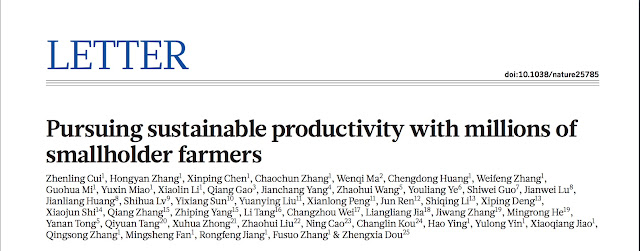What I've Been Reading/Watching/Listening to:
Audiobooks: Jane Eyre —Regarded as one of the first psychological novels, it follows a young woman's journey through 18th century England. I find it remarkably similar to Wuthering Heights by Brontë's sister and also found antecedents of parts of recent works ( Harry Potter and Beauty and The Beast ). The Bhagavad Gita— I've been meaning to read the great works of the world's most common religions. The Bhagavad Gita is captivating in its beauty and wisdom. From my lay understanding, it seems to anticipate a lot of modern ideas in psychology and physics. TV: How to Get Away with Murder —I love this show. How had I not seen it yet? The plot is salacious, and the characters pop off the screen. Film: Love, Simon —Finally a gay movie with a happy ending. I had hoped Call Me By Your Name would be it, but it wanted an Oscar. I hope there will be many more light, good-but-not-great movies like this. The General —I'm trying to work through some of the top film di




